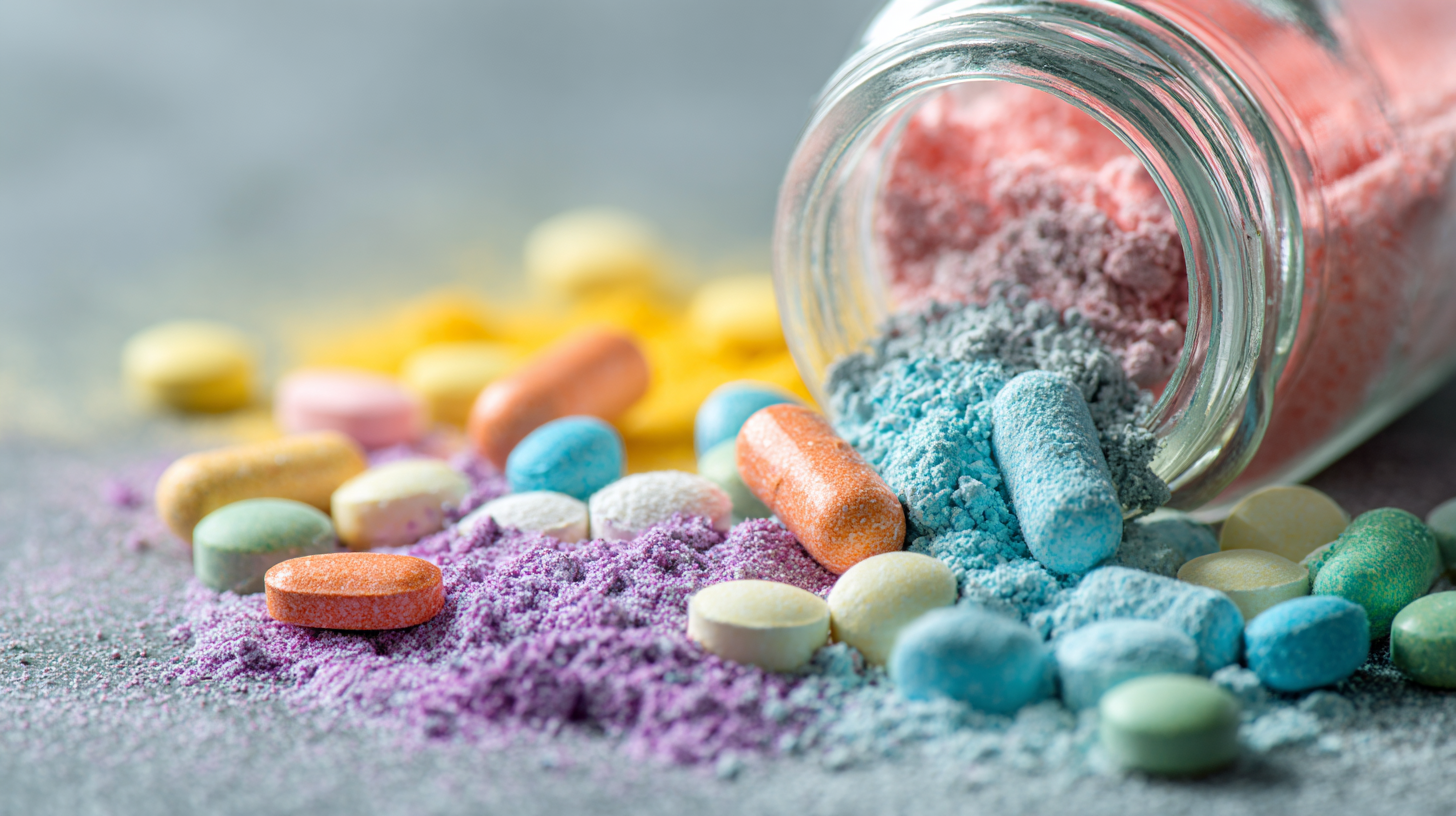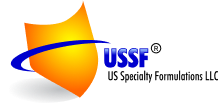In today's highly competitive pharmaceutical landscape, identifying top suppliers for drug formulation solutions is crucial for ensuring the efficacy and safety of medications. The process of drug formulation involves not only the selection of appropriate active ingredients but also the expertise in creating stable, effective, and patient-friendly dosage forms. With numerous suppliers available, it can be challenging to discern which ones truly stand out in terms of quality, innovation, and reliability.

This blog will provide essential insights into the criteria you should consider when evaluating potential suppliers, including their track record in drug formulation, technological capabilities, compliance with regulatory standards, and ability to offer customized solutions. By understanding these key factors, you can make informed decisions that will ultimately enhance your drug development process and contribute to successful product outcomes.
When searching for the best drug formulation suppliers, identifying robust Key Performance Indicators (KPIs) is crucial for ensuring optimal collaboration and successful outcomes. KPIs serve as a measurable benchmark that not only keeps suppliers accountable but also provides insights into their capabilities and performance. Common KPIs to consider include the supplier's on-time delivery rate, their ability to adhere to quality specifications, and the responsiveness of their customer service. These metrics help gauge the reliability of suppliers and can significantly impact the drug development lifecycle.

Moreover, assessing a supplier's innovation capacity and regulatory compliance records can reveal much about their long-term sustainability and compatibility with your project needs. KPIs such as the rate of successful product launches or the frequency of regulatory issues should be part of your evaluation. By focusing on these indicators, you can ensure that the suppliers you choose not only meet immediate operational demands but are also aligned with your strategic goals, ultimately leading to the formulation of effective and compliant drug products.
When evaluating supplier capabilities in the realm of drug formulation, several key factors differentiate an exceptional partner from the rest. First and foremost, the supplier's experience and expertise in various dosage forms can significantly impact the quality and effectiveness of the final product. A supplier with a robust portfolio showcasing successful formulations across different therapeutic areas demonstrates not only capability but also versatility in addressing diverse client needs. Moreover, the incorporation of advanced technologies and innovative approaches in their formulation processes can further enhance the supplier's ability to deliver tailored solutions that meet stringent regulatory standards.
Another critical aspect to consider is the supplier's commitment to quality assurance and regulatory compliance. A top-tier drug formulation partner should have a comprehensive quality management system in place, ensuring that every formulation adheres to the highest quality benchmarks. This includes possessing necessary certifications and a history of successful audits from regulatory agencies. Additionally, the supplier's willingness to collaborate and maintain open lines of communication is vital. This partnership approach fosters transparency, allowing clients to have better insights into the formulation process and facilitating rapid adjustments in response to evolving project requirements.

When selecting drug formulation alternatives, regulatory compliance plays a crucial role in ensuring that products meet safety and efficacy standards. Pharmaceutical companies must navigate a complex landscape of regulations that govern the development and marketing of new formulations. This is particularly important in light of the recent advancements in technologies like generative AI and 3D printing, which offer innovative ways to enhance drug formulations but also introduce new compliance challenges. Companies must ensure that these technologies align with established regulatory frameworks to avoid potential setbacks.
Tips:
- Always conduct thorough research on the current regulatory requirements specific to your formulation type before initiating development.
- Collaborate with experts in regulatory affairs to understand the implications of novel technologies on compliance and to streamline the approval process.
- Invest in training for your development team on the latest compliance standards relative to technology applications in drug formulation.
By focusing on regulatory compliance, pharmaceutical companies can leverage cutting-edge technologies effectively while minimizing risks associated with non-compliance. This proactive approach not only supports successful product development but also enhances a company’s reputation in the industry.
In the ever-evolving landscape of pharmaceutical development, identifying top suppliers for drug formulation solutions hinges substantially on assessing their innovation capabilities. As the industry shifts towards more personalized medicine, suppliers who can adapt and incorporate advanced technologies such as AI-driven analytics and machine learning in formulation processes stand out. These technologies enable suppliers to not only optimize existing formulations but also accelerate the development of novel drugs that meet specific patient needs.
Another critical trend shaping supplier innovation is the increasing emphasis on sustainable practices in drug formulation. Suppliers committed to reducing their environmental footprint through green chemistry and eco-friendly materials are gaining a competitive edge. This approach not only addresses regulatory requirements but also resonates with socially responsible stakeholders. By focusing on suppliers that embrace these innovative trends, pharmaceutical companies can enhance their formulation strategies, ensuring they remain at the forefront of the industry while delivering effective and sustainable drug solutions.
When selecting suppliers for drug formulation solutions, the balance between cost-effectiveness and quality is crucial. Often, companies may feel pressured to choose suppliers based solely on price, but this can lead to compromising the quality of the final product. Striking the right balance requires a comprehensive evaluation of what each supplier offers beyond just competitive pricing. Factors such as regulatory compliance, quality assurance protocols, and past performance in similar projects should be essential components of the selection process.
To assess the quality of a supplier, businesses should consider their reputation in the industry and seek reviews or case studies that demonstrate successful outcomes. Cost-effectiveness does not merely mean the lowest price; it involves understanding the value delivered by the supplier’s services. This includes their ability to meet timelines, customize formulations, and their use of cutting-edge technology in the manufacturing process. By prioritizing both quality and cost, businesses can ensure that they partner with suppliers who not only fit their budget but also support their commitment to delivering safe and effective drug formulations.
| Supplier Name | Cost-Effectiveness Rating (1-5) | Quality Rating (1-5) | Delivery Time (Weeks) | Customer Service Rating (1-5) |
|---|---|---|---|---|
| Supplier A | 4 | 5 | 3 | 4 |
| Supplier B | 5 | 4 | 2 | 5 |
| Supplier C | 3 | 3 | 4 | 3 |
| Supplier D | 4 | 5 | 1 | 4 |
| Supplier E | 2 | 3 | 5 | 2 |
